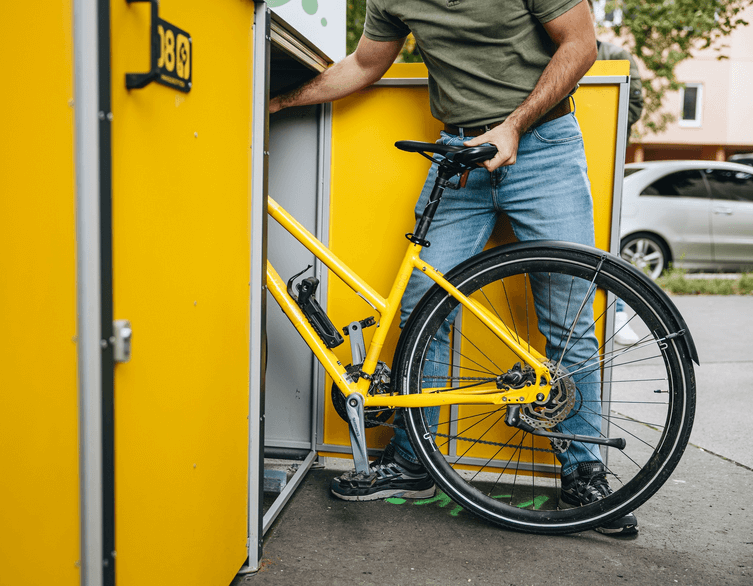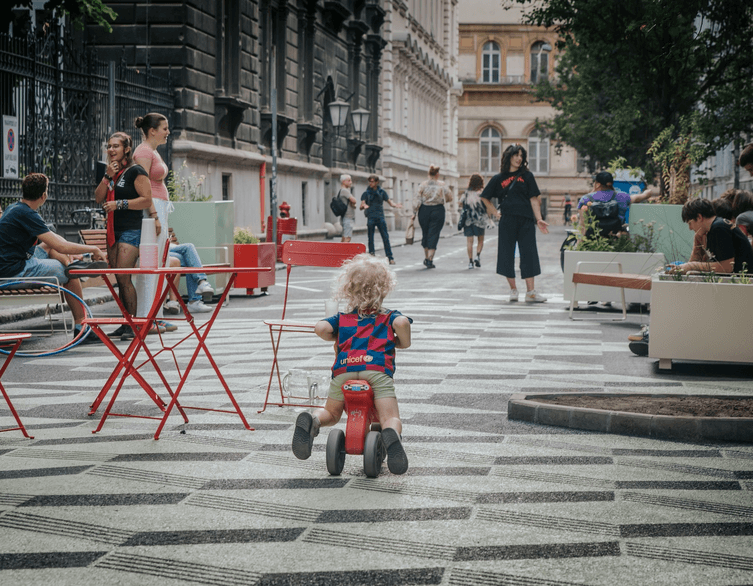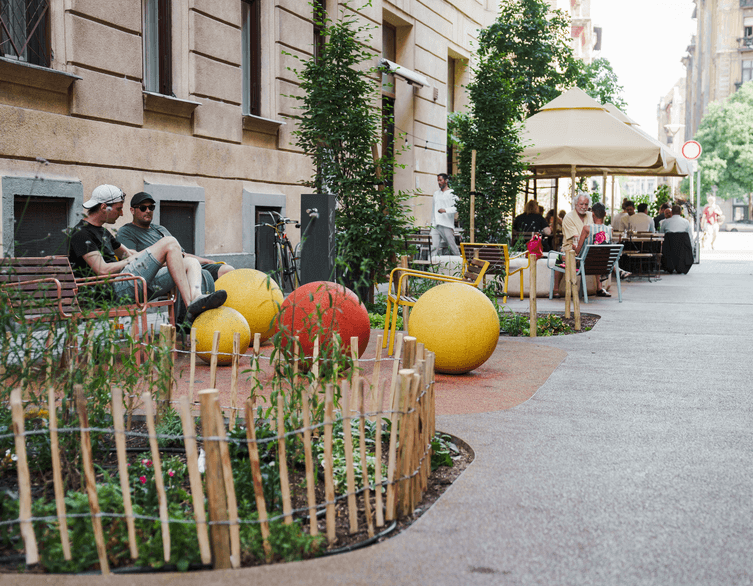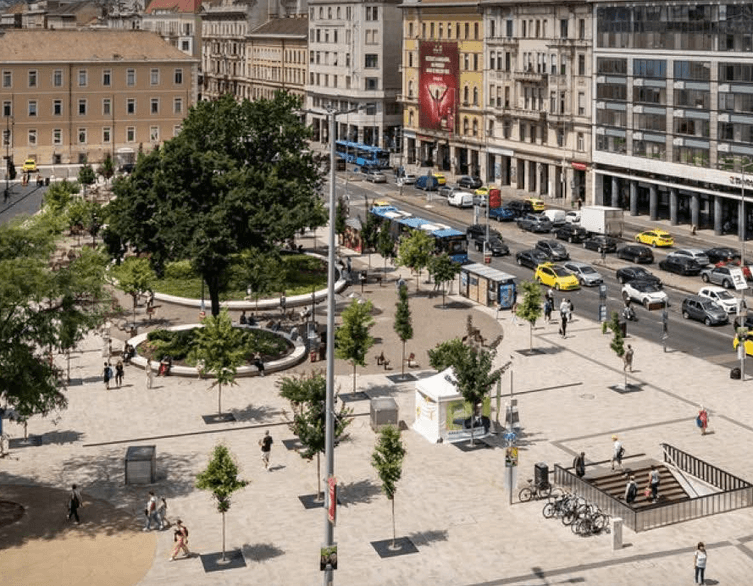How to Vote in Budapest’s Participatory Budgeting 2025: Complete Guide for Foreign Tourists and Residents
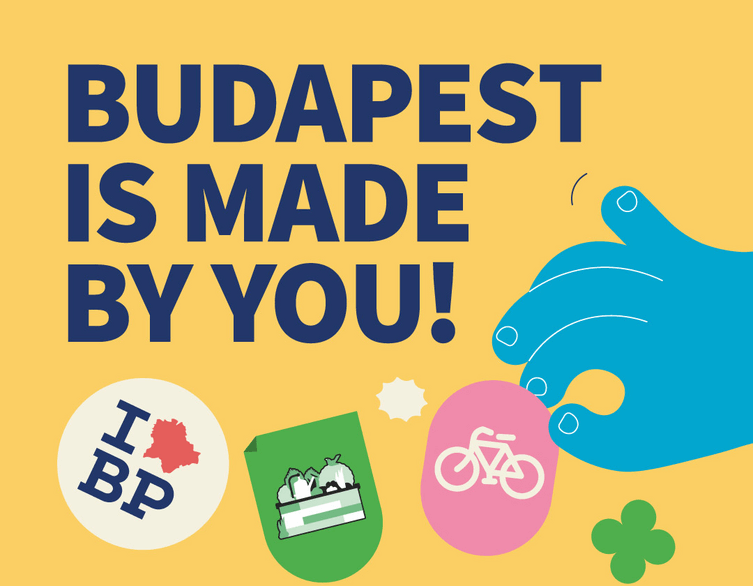
Budapest’s participatory budgeting program offers an incredible opportunity for foreign visitors and residents to directly influence how the city spends one billion forints on community improvements. This democratic initiative, now in its fifth year, welcomes anyone over 14 who lives, works, or studies in the Hungarian capital to vote on projects that will shape the city’s future.
Understanding Participatory Budgeting in Budapest
Participatory budgeting represents democracy in action, allowing ordinary people to decide how public money gets spent on community projects. Budapest’s program stands out as one of Europe’s most inclusive initiatives, explicitly welcoming international participation despite the official language being Hungarian. The city has invested significant effort in making the process accessible to everyone, recognizing that Budapest’s diverse international community brings valuable perspectives to urban development.
Over the years, this program has transformed from an experimental concept into a proven success story. Thousands of ideas have been submitted, tens of thousands of votes cast, and dozens of completed projects now enhance daily life across the city. The results speak for themselves: community repair workshops, inclusive playgrounds, new bicycle infrastructure, drinking fountains, and specialized centers serving various populations have all emerged from this grassroots democratic process.
Your Voting Power as a Foreign Visitor
The beauty of Budapest’s system lies in its accessibility. Whether you’re a long-term expat, an international student, or someone who works in the city, your voice matters equally. Age serves as the only significant barrier, with participants needing to be at least 14 years old. Citizenship requirements don’t exist, and language barriers are actively addressed through translation tools integrated into the voting platform.
The voting process itself has been designed with user experience in mind. The official website at otlet.budapest.hu includes built-in translation widgets that can convert Hungarian content into your preferred language. While automatic translation occasionally struggles with innovative or complex project descriptions, the general meaning remains clear enough for informed decision-making. Browser-based translation tools provide additional support for non-Hungarian speakers.
Project Categories and Voting Mechanics
Budapest’s participatory budgeting divides proposals into five distinct categories, each reflecting different aspects of urban life and community needs. Local Small Ideas and Local Big Ideas focus on neighborhood-specific improvements, allowing residents to address hyperlocal challenges and opportunities. These projects might include anything from improved bus stop shelters to comprehensive park renovations.
The three thematic categories operate citywide and reflect Budapest’s broader urban priorities. Green Budapest encompasses environmental initiatives ranging from air quality monitoring to urban rain gardens and community composting programs. Inclusive Budapest addresses social equity and accessibility, featuring projects like autism support centers, therapy dog programs, and improved navigation for people with disabilities. Open Budapest promotes cultural engagement and community building through initiatives like city walking tours, community sports programs, and creative spaces.
Each voter receives three votes per category, creating fifteen total votes to distribute across projects that resonate with their vision for Budapest’s future. This system ensures balanced representation across different types of improvements while giving individuals meaningful influence over multiple aspects of city development.
Notable Projects You Can Support
This year’s ballot presents remarkable diversity in proposed improvements. Environmental enthusiasts can support air quality monitoring systems, urban rain gardens that manage stormwater while creating green spaces, or initiatives to make Budapest a “city full of birdsong” through habitat restoration. Those prioritizing accessibility might vote for autism support centers, health screening buses reaching underserved communities, or digital navigation aids for people with visual impairments.
Best deals of Budapest
Infrastructure improvements feature prominently across categories. Cycling advocates can choose from protected bike lanes, covered bicycle storage facilities, and connections between existing cycling networks. Public space enthusiasts might support community gardens, outdoor fitness equipment, or improved lighting in parks and playgrounds.
Cultural and social initiatives offer equally compelling options. Reading parks would create outdoor spaces dedicated to literature and learning, while community dance floors would activate public spaces with music and movement. LGBTQI community spaces, financial education programs, and volunteer opportunity databases all reflect Budapest’s commitment to inclusive urban development.
Proven Track Record of Success
Previous participatory budgeting cycles have delivered tangible improvements across Budapest. The Repair Café at Teleki Square now provides community workspace for fixing broken items rather than discarding them. New community gardens in Zugló and Gazdagrét have transformed vacant lots into productive green spaces where neighbors collaborate on urban agriculture. The inclusive playground in Bókay Garden demonstrates how universal design creates spaces where children of all abilities can play together.
Infrastructure improvements from past cycles include strategically placed drinking fountains reducing reliance on single-use plastic bottles, the Autikum Center providing specialized leisure opportunities for adults with autism, and expanded bicycle infrastructure making cycling safer and more convenient throughout the city. These completed projects prove that participatory budgeting produces real, lasting change rather than empty promises.
Making Your Voice Heard
Voting continues through September 30, 2025, giving you ample time to research options and make informed choices. The registration process requires only basic information, and the system saves your progress if you need multiple sessions to complete your votes. This flexibility acknowledges that thoughtful participation takes time and consideration.
Beyond voting, the program encourages ongoing engagement with urban development processes. The implementation of winning projects can be followed through the official website, creating transparency about how public money gets spent and timelines for project completion. This accountability mechanism ensures that voting leads to action rather than disappearing into bureaucratic processes.
Getting Involved and Staying Connected
Questions about specific projects or the voting process can be directed to nyitott@budapest.hu, where program administrators provide assistance in multiple languages. The responsive support system reflects Budapest’s genuine commitment to inclusive participation rather than superficial international outreach.
Budapest’s participatory budgeting represents more than just municipal budget allocation. It embodies democratic participation at its most practical level, allowing residents and workers to directly influence their urban environment. For foreign visitors and residents, this program offers a unique opportunity to contribute to a city that welcomes international perspectives on urban development.
Your participation helps Budapest continue evolving as a dynamic, inclusive European capital that balances historical preservation with innovative urban solutions. Every vote cast represents confidence in democratic processes and investment in the city’s shared future, making Budapest a better place for residents and visitors alike.
Related news













